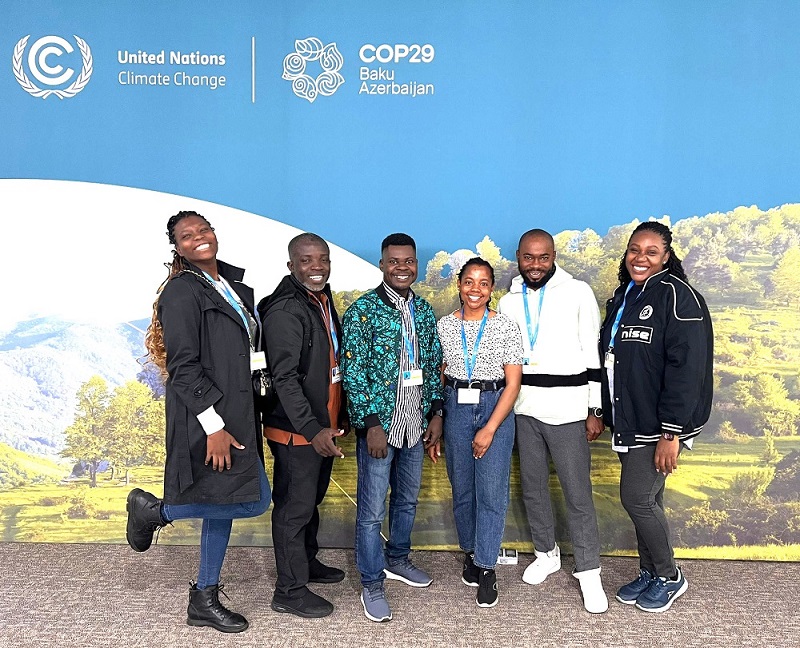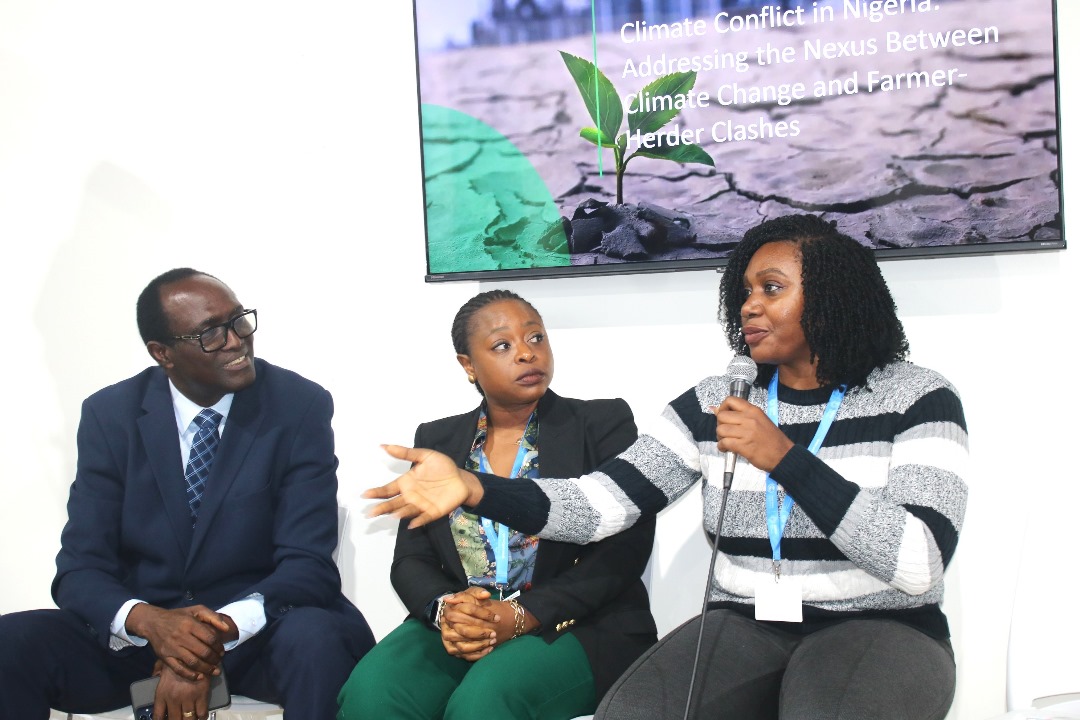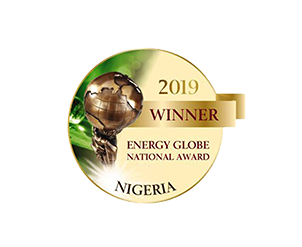
HIGHLIGHTS OF OUR PARTICIPATION AT COP29
From 11th -22nd November 2024, world leaders gathered in Baku, Azerbaijan, for the 29th Session of the Conference of Parties (COP29) to the United Nations Framework Convention on Climate Change (UNFCCC).
Dubbed the “Finance COP,” different stakeholders looked forward to COP29 with high expectations to deliver a new climate finance goal of mobilizing more resources to address the climate change challenges in developing countries, including losses and damages associated with climate change impacts. As a feminist organization and a member of Women and Gender Constituency, we had 10 sets of demands from COP29, including a demand for COP29 to deliver an ambitious Lima Work Programme on Gender (LWPG) and the Gender Action Plan (GAP).
Prior to COP29, we organized several preparatory meetings for women and youth, virtually and in-person, to raise awareness about issues that were to be discussed at COP29 and strategized on how to effectively engage at the conference. We started off with the Women and Gender Constituency (WGC) Africa Learning Exchange in Delivering the Feminist Climate Justice Agenda Webinar, and went on to organize another webinar titled, COP29: what’s in the cup?, where the speakers analyzed topical agenda items and proposed recommendations to make discussion at COP29 to be more inclusive, pro-poor and gender-responsive. We capped up our preparatory meetings with the National Youth Dialogue and Pre-COP29 Planning Meeting in Abuja. Having adequately prepared to engage world leaders and make our demands, our team headed to Baku.
From 11th -22nd November 2024, our team was in Baku and joined forces with other feminist activists and pushed for the demands of the Women and Gender Constituency to be reflected in the COP29 decisions. In addition to this, we showcased our work at COP29 through exhibitions and side events. We showcased our farmer-herder clashes prevention interventions, our Climate Justice Advocacy Mentorship for young Africans, our Farm Beta Radio programme that communicates early warning climate information and tips on sustainable agriculture and other sustainable agriculture initiatives among others. We projected the voices of the local communities we work with and for and connected with like-minded individuals and organizations across the world.
Below are some of the key activities we organized or were part of at COP29:
From 11th – 16th November 2024, we exhibited our work at the exhibition booth 48, where we had the opportunity to speak about our work and networked with organizations and individuals who were attracted to our work.
On the 14th of November 2024, we collaborated with the Government of Togo and hosted a side event on averting climate risks through early warning climate information, where we called on governments to create robust systems that gather, analyse and communicate early warning climate information in relatable languages to enhance preparedness to avert climate risks.
We hosted two other side events on the 16th and 20th November on addressing the impact of climate change on farmer-herder clashes in Nigeria in collaboration with the office of the Deputy Chairman, House Committee on Environment, House of Representatives, National Assembly, Nigeria.
We had frank conversations addressing the farmer-herder clashes which is fueled by climate change. The discussions were preceded by screening of a thought-provoking documentary, “Behind the Valley,” produced by Hon Terseer Ugbor, Deputy Chair of the House Committee on Environment, House of Representatives, Nigeria, in collaboration with Women Environmental Programme. The documentary paints a vivid picture of the interconnectedness of climate change and the conflicts in North-Central Nigeria.

On the 18th of November 2024, we collaborated with the University of Arizona to organize a side event titled – “Bridging research and policy: addressing climate change, gender equality and health in Sub-Saharan Africa.” During the side event, research findings were presented that showed how climate change is increasing the prevalence of diseases, destroying health infrastructure and reducing access to health services in developing countries, leading to low quality of living and inequalities. The organizers also made a call for the involvement of young people in climate change actions.
As part of our efforts to build the next generation of climate activists, WEP created a climate justice advocacy mentorship program for young African feminist at the beginning of year 2024 and enrolled 10 young African feminists. One of the mentees was supported to participate at COP29 and gain practical experience on climate change negotiations and advocacy.
We held several strategic meetings at COP29 with donors, our country offices, partners and government representatives of different countries towards expanding on the work that we do as well as enhancing the impact of our work. We hope to see the results of these meetings in the coming months.
The side events did not distort our collective advocacy as Women and Gender Constituency of demanding for gender-just COP29 decisions. When the negotiations started going off-track, away from delivering the needed finance to developing countries to address those climate change impacts that are exacerbating gender inequalities, we stood up and fought.
Sadly, COP29 ended without meeting the expectations of the developing countries on the new climate finance goal. The New Collective Quantified Goal on Climate Finance of mobilizing at least USD 1.3 trillion per year by 2035 from public and private sources, with developed countries taking the lead of at least USD 300 billion per year by 2035, falls short of the financial needs of the developing countries.
Even as COP29 extended the Lima Work Programme on Gender (LWPG) by 10 years with the promise to deliver on its Gender Action Plan by 2025, without provision of adequate financial resources, it is unclear how the goal of the LWPG will be achieved.
Members of the Women and Gender Constituency have not hidden their feelings about the outcome of COP29 and have reacted accordingly:
“The Women and Gender Constituency engaged in COP29 to hold the line in defense of hard won gains by the global climate movement including feminists. Feminists knew, this year’s COP had a potential to roll back rights, obligations and set the world on a dangerous path of relying on carbon markets. While feminists’ dedication and hard work managed to hold the line on work programmes on gender, we left Baku feeling cheated and disappointed by the process and rollback. Adoption of Article 6 decision is simply a license to pollute and the NCQG decision marks the beginning of the end of global north obligations with catastrophic impacts to be felt by communities in global majority countries.”
Despite all odds, WEP is committed to continue its advocacy for gender and climate justice and to support vulnerable communities and populations to build resilience to the impacts of climate change. We will continue to engage until victory is achieved.


